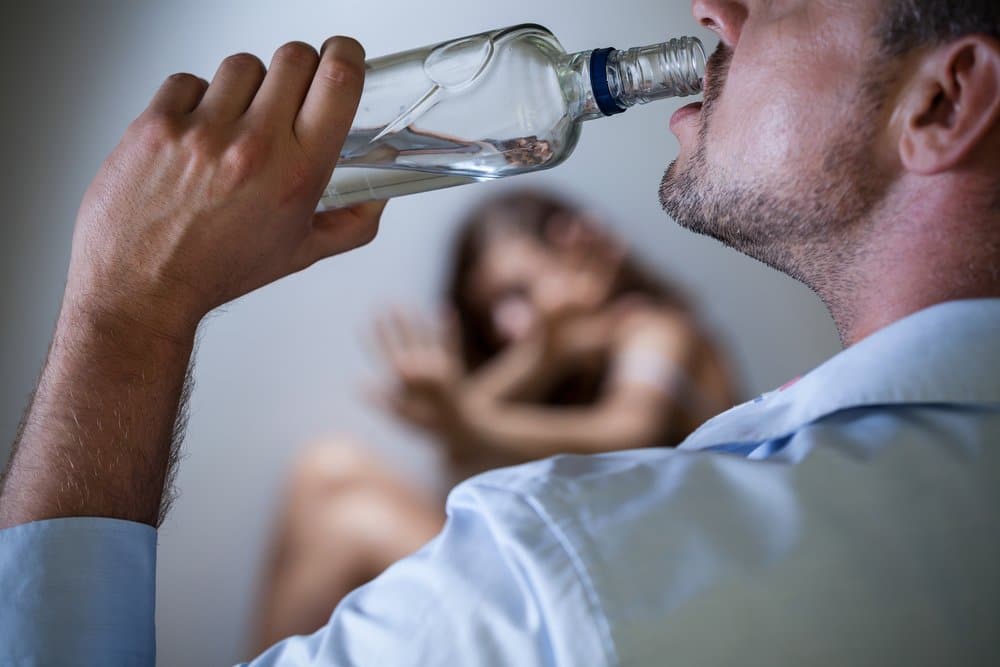TV Shows About Drug Addiction (And What They Show Us)
Society views addiction as a choice or weakness. So, when someone gets caught up in an addiction, they tend to see themselves as falling short of the standard. They feel guilty of their perceived shortcomings and end up with a negative mindset. The public stigma around the “failings” of those with addiction doesn’t encourage anyone to seek addiction treatment. It also makes it hard for those struggling with addiction to speak about their habits and get immediate help. Luckily, some TV shows about drug addiction are helping to fight the negative stigma.
And since addiction is a chronic disease, it can be challenging for individuals to pull themselves out of it without help. Some try but slip back as soon as the withdrawal symptoms set in. According to the National Institute on Drug Abuse, a person’s ability to not indulge in addictive behavior becomes compromised. Unless they get quick access to medically reviewed treatment, addictions, whether to substance use disorder or behavior, can lead to death.
All these may seem like “usual” words until you experience the struggles of addicts and the damage that addiction does. With that in mind, here are some TV shows about drug addiction to give you a glimpse into how it works and its effects.

Intervention on A&E
Intervention is an American series that profiles one or two people who struggle with addiction. The addicts in this Emmy-winning series believe they’re being filmed for a documentary until their family and friends stage a dramatic intervention. Launched in 2005 on A&E, Intervention is among the first series that highlights the lifestyle of those who suffer from substance or behavioral addictions. It also captures what these addictions can do to families and teaches the various reasons behind the addiction.
Tackling everything from the opioid crisis to alcoholism to eating disorders, Intervention follows addicts whose loved ones have submitted a request for help in getting them into treatment. The series has some disturbing images that depict the realism of addiction that may make you afraid, but that’s the point. Intervention partners with different addiction treatment centers in the US and provides resources for each individual profiled in the show.
As its name suggests, the series sheds light on addiction and its ugly effects on addicts and their loved ones and takes action to improve the situation. According to Screenrant, 70-75% of addicts who appeared on the show are still sober.
Mom on CBS
Set in Napa, California, Mom follows a dysfunctional mother-daughter duo. The two - Bonnie and Christy Plunkett - had been estranged for years due to addiction. Christy, a single mother of two, Violet and Roscoe, encounters a series of challenges.
Her young daughter, Violet, gets pregnant and decides to put her baby up for adoption. She later gets engaged to an older guy and moves out. Roscoe opts to stay with his dad, even though he’s a drug dealer and deadbeat. Despite all that, Christy strives to maintain her newfound sobriety. She moves to Napa, and works as a waitress, and also attends Alcoholic Anonymous meetings.
But her wayward mother, Bonnie, reenters the picture and criticizes her life. Bonnie is also a recovering alcohol and drug addict attending AA meetings. The CBS series has been applauded for addressing themes of real-life issues like substance abuse disorders, gambling, teen pregnancy, cancer, domestic violence, homelessness, rape, palsy, overdose, stroke, ADHD, etc. It has been praised for striking a perfect balance between the humorous and dark aspects of these issues.

This Is Us on NBC
This Is Us is an emotional and heartwarming story about a unique set of triplets, struggles, and caring parents. While not the central theme, this NBC series shines a light on different types of addiction, including addiction to food, alcohol, and pain pills. Kevin, the first-born Pearson, got hooked on alcohol and painkillers. He struggles with depression and finds it hard to understand that Jack, his dad, had an addiction. Rebecca, his mother, never mentioned it because of shame and fear of stigma.
Sophie, Kevin’s sister, is a nurse but can’t connect his erratic behavior to addiction. That’s to be expected since loved ones usually have no reason to suspect substance abuse disorder. Earlier on, Jack confesses to Rebecca that he didn’t quit drinking when he said he had. But after another attempt to quit, he was successful.
He attends AA meetings and leads a clean life. Kate, Kevin’s sister, also can’t get over binge eating. She attends an eating support group where she meets Madison, who struggles with not eating enough.
This Is Us shows us that genetics is one of the risk factors for addiction and that sometimes, loved ones won’t realize there’s a problem. It also uncovers the aspect of shame about addiction and that skinny people struggle with eating problems too. Lastly, it shows us that relapse can be a part of recovery.
Addicted on TLC
Addicted is another one of the American reality TV shows about drug addiction that follows the lives of addicts through intervention, detox, and rehab and behavioral therapies. Kristina Wandzilak, a recovered alcoholic, prostitute, and drug user turned family interventionist, guides the addicts and their loved ones through the process as a sponsor and advocate. It’s incredibly raw and shows those struggling with addiction getting drunk and high in close-up detail. Due to its graphic nature, warnings pop up at every commercial break to prepare you for what is coming.
In the show, you see people consuming large amounts of alcohol, injecting drugs into arms, and getting high. You also see the tricks they use to acquire substances. Kristina intervenes and gets them to rehab; some refuse, some get themselves kicked out of rehab, and some successfully go through it. The show also depicts the pain that addiction inflicts on family. You’ll see the anger, anxiety, and other emotions that families experience dealing with a loved one who struggles with addiction.
Celerity Rehab on VH1

Celerity Rehab revolves around a group of famous individuals as they undergo substance abuse treatment with Dr. Drew Pinsky and his team at the Pasadena Recovery Center in California. The reality TV show premiered in 2008 on the cable network VH1 and was later renamed Rehab with Dr. Drew, which focused on non-celebrities.
It shines a spotlight on celebrity and their substance abuse or behavioral addiction problems and their journey through rehab. Pinsky, a board-certified physician and addiction expert, adds an air of credibility and makes the show more educational.
If you’d like to see more on celebrity addiction, you can stream Too Young to Die on Pluto TV or Prime Video. It bases its stories on celebrities whose lives were cut short due to addiction and overdose. The episodes of Too Young to Die cover American stars like John Belushi, Philip Seymour Hoffman, Kurt Cobain, who died from drug abuse. The documentary series shows how serious the drug addiction problem is and how it can be too late to help someone.
Reference to a diagnostic and statistical manual can produce more insight into this problem. As well, various treatment approaches exist to help those struggling with short- and long-term addiction. So, if someone close to you is struggling with any form of addiction, it can be a good idea to help them get treatment immediately.











